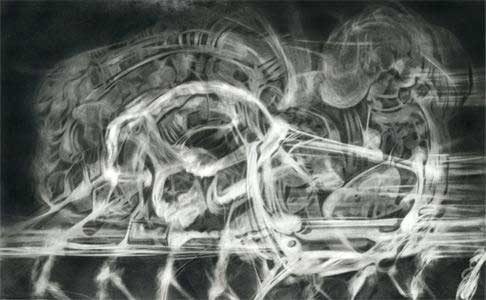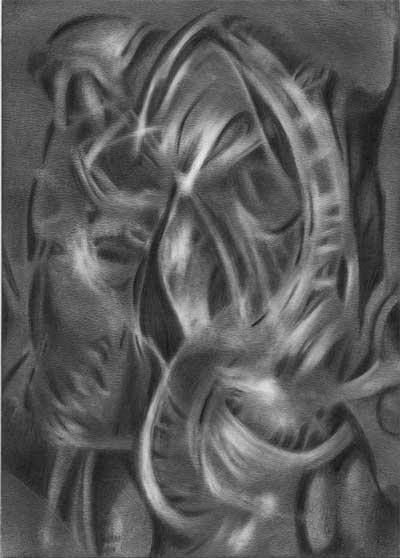
“I suppose the most revolutionary act one can engage in is … to tell the truth.1”
– Howard Zinn
News framing refers to how layout design, placement, and headlines are used by the media to express what’s deemed as important; sensationalizing, downplaying or exaggerating it. Frames originate with the beliefs of journalists regarding what constitutes topics for the news – what becomes a political “reality” – which includes people and groups’ activities that sponsor particular interpretations of issues within specific cultural contexts2. “Why should we cherish “objectivity”, as if ideas were innocent, as if they don’t serve one interest or another?3”
 Thus, a news frame – the layout, placement, and prominence given in a publication to a story – represents the publishers’, owners’, and advertisers’ values and policies. The editors decide the stories that are to make it to the front page. Decision that includes which stories will have pictures, which ones will be short or long, sensationalized or minimized.
Thus, a news frame – the layout, placement, and prominence given in a publication to a story – represents the publishers’, owners’, and advertisers’ values and policies. The editors decide the stories that are to make it to the front page. Decision that includes which stories will have pictures, which ones will be short or long, sensationalized or minimized.
Journalists might be the stories’ writers yet the editors are the ones who decide a certain wording for the headlines. “It is a world of clashing interests – war against peace, nationalism against internationalism, equality against greed, and democracy against elitism – and it seems to me both impossible and undesirable to be neutral in those conflicts.4”
If you and I were to carry on a frame analysis, we would take away our attention from the content of the story and transfer our focus to how the newspaper’s layout, story prominence, and the language of the headline shape viewpoints, are able to influence. This kind of analysis recognizes what kind of information will be stressed, curtailed, or muted by adhering to one perspective.
You and I would then become more conscious of how these elusive elements have a premeditated effect on the audience, be it readers or listeners. Frame analysis helps us detach from the frame’s persuasive power in order to gain a less subjective and more objective angle of any concealed standpoint in it. “Surely, we want to be objective if that means telling the truth as we see it, not concealing information that may be embarrassing to our point of view. But we don’t want to be objective if it means pretending that ideas don’t play a part in the social struggles of our time, that we don’t take sides in those struggles.5”
With growing awareness that the information we get is filtered through human viewpoints, we begin to question what we read, hear, and watch. “[H]ow do we explain our identification with French suffering and our apparent indifference to Lebanese suffering? Or more to the point, how do we explain our indifference to the suffering of people we perceive as different, Lebanese, African, Hazara, Muslim…. Brown people.6”
We inquire about who decides what becomes news and why. “Meanwhile, in a brown part of the world, as the attacks began in Paris, Lebanon was just emerging from a National Day of Mourning, after 43 people were killed and 200 more were injured during a series of coordinated suicide bombings in Beirut.7” Are the reporters we read, “see”, and “listen” to filters of truth? Are they committed to public service? “We were not born critical of existing society. There was a moment in our lives (or a month, or a year) when certain facts appeared before us, startled us, and then caused us to question beliefs that were strongly fixed in our consciousness-embedded there by years of family prejudices, orthodox schooling, imbibing of newspapers, radio, and television.8”
LINKS:
1. Howard Zinn. Marx in Soho: A Play on History.
2. Oxford Bibliographies. News Framing.
3. Howard Zinn. Declarations of Independence: Cross-Examining American Ideology.
4. Ibid.
5. Ibid.
6. Chris Graham. Paris Attacks Highlight Western Vulnerability, And Our Selective Grief And Outrage. November 14, 2015. www.newmatilda.com.
7. Ibid.
8. Howard Zinn. Declarations of Independence: Cross-Examining American Ideology.
Leave a Reply